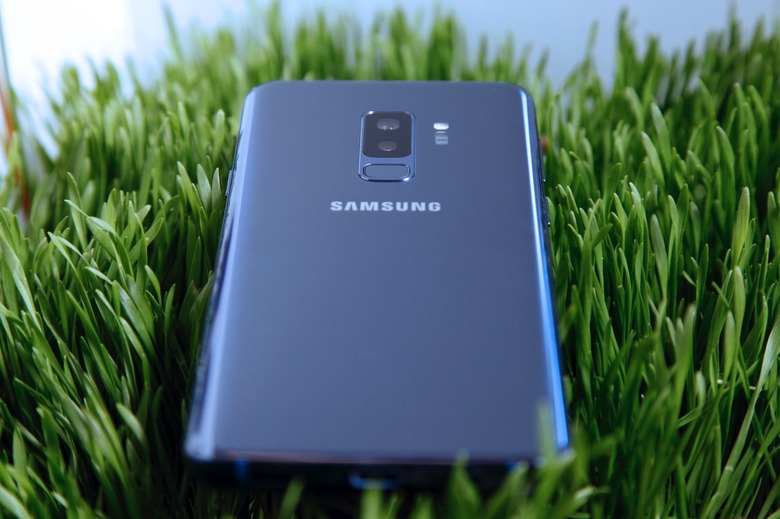Samsung Is About To Spend An Insane Amount Of Money On 5G And AI Investments
Samsung's appetite for attention-grabbing technology experiments like folding displays for tablets and smartphones has certainly garnered the South Korean-based tech giant tons of headlines over the past week or so. The company laid out its ambitions around that technology during its recent developer conference, with the plans including the launch of its much-anticipated foldable smartphone in March, starting with an initial production run of at least 1 million units.
Behind the scenes, meanwhile, Samsung is no less hungry to ramp up its efforts in other areas of technology it sees as potentially having a huge impact on its business down the line. Samsung has acknowledged its bet on foldable displays may ultimately not pan out, but the company over the next few years is also planning to spend a whopping $22 billion getting itself ready to be a leader in 5G and AI-related technology.
First, Samsung made clear during the recent Wall Street Journal D.Live conference in California that it wants to have at least a 20 percent market share in 5G technology by 2020. From SamMobile: "Samsung produces half a billion electronic devices yearly and is the world's largest electronics maker in terms of revenue. The company also overtook Intel as the world's largest semiconductor maker last year. However, in network equipment, Samsung is placed fifth, behind Huawei, ZTE, Ericsson, and Nokia.
"In Q2 of this year, Samsung held 11 percent of the 4G network equipment share. The company wants to have a bigger share in 5G and is making early inroads by spending big. Alongside 5G, Samsung will also be looking to bolster its artificial intelligence (AI) technologies, as well as related areas like auto-components."
During the D.Live event, Samsung's network business head Youngky Kim said the two technologies really go hand-in-hand, and Samsung is making a big push to invest in both because the one complements the other. 5G, Youngky said, is the "oxygen" that AI needs. "AI needs a lot of data to respond to you," he said during the event — data that can be provided by 5G, "not 4G."
The SamMobile piece continues by noting that Samsung is already well down the road in pursuing these efforts. The tech giant recently acquired the networks analytics startup Zhilabs, for example, in order to ease the transition from 4G to 5G. "The company also signed a partnership agreement with Japan's NEC to expand the 5G business. For AI, Samsung opened its seventh research center in Montreal earlier this month."
And while 5G will start going into commercialization in 2019, it is also noted that Samsung will start deploying 5G capabilities soon at its Austin semiconductor factory opens.
